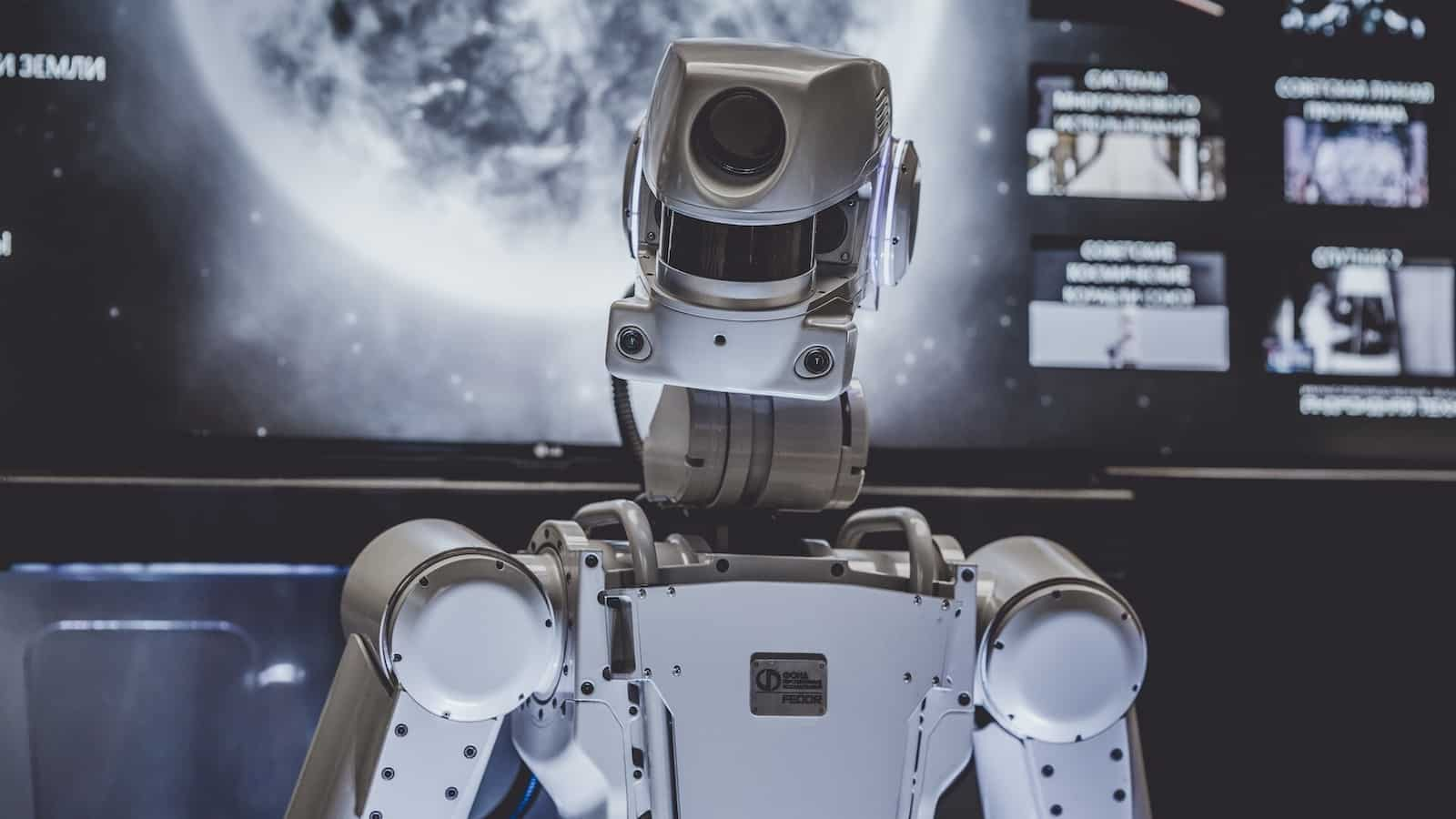AI impact: From agriculture, healthcare to military, know how the world could change
Artificial Intelligence or AI linked changes have far-reaching consequences humanity. Here, we chart how it will change the world across a number of critical human activities.

Beginning in 1765 through the present day, there have been four industrial revolutions in history. At the end of the 18th century, the world's economy shifted from agriculture to industry with the emergence of coal. Around a century later, electricity, oil, and gas came around and resulted in major technological advancements, such as the Internal Combustion Engine, telephone, and more. The Third Industrial Revolution, which occurred around the 1960s, introduced the world to Nuclear Energy, computers, and space expeditions. And finally, the fourth industrial revolution came around in the year 2000 when digital technology began to rise, and mankind started to explore renewable sources of energy.
For the last few years, another revolution has been brewing which could change the world - the rise of Artificial Intelligence. From farming, healthcare, and education to industries, the AI revolution is expected to have a major impact in every sector. Before you ask, no it's not Skynet from ‘The Terminator'. You can find AI helping us in almost all walks of life nowadays without planning our doom. From AI tools such as ChatGPT and Google Bard to automated systems like Tesla FSD and pioneering companion robots like Miko, EMO, and Cozmo, AI is at the forefront of every industry.
But all that glitters is not gold, and that is certainly the case with AI. Several cases have recently emerged which have questioned the potential impact of AI on jobs around the world. According to “The Future of Jobs Report 2020” by World Economic Forum, AI could replace as many as 85 million jobs worldwide by 2025. Geoffrey Hinton, the “godfather” of AI recently quit his position at Google, citing AI's impact on jobs as the reason behind his exit. But according to Philip Torr, a professor of engineering science at the University of Oxford, AI will not replace every job, but will heavily influence the way we work.
Healthcare
Speaking to The Guardian, healthcare will be one of the most-impacted sectors as AI develops, says Torr. At present, AI is used in MRI scans, X-rays, and finding tumors, but it could also help in diagnosing potential dementia via smartphone apps. Large Language Models (LLMs) that are trained on massive amounts of datasets could help in registering patient information while entering the hospital instead of having to explain it again and again in several rooms. It could not only save the patient's life but also allow the doctor to treat more patients in less time, according to Torr. But despite its efficiency, people would still rely on humans for jobs such as automated surgeries and possible diagnoses.
Education
Artificial intelligence is already making controversial headlines in educational institutions with several schools and colleges even taking an extra step and banning AI tools like ChatGPT in classrooms. Rose Luckin, a professor at University College London Knowledge Lab told The Guardian, “There's a dystopian version where you hand over far too much to the AI and you end up with an education system that's much cheaper, where you have a lot of the delivery done by AI systems.”
LLMs in educational institutions could assist teachers in planning lessons and marking students more efficiently. However, down the line, it could also result in the emergence of a wealth divide where the more well-off students would get one-to-one interaction with human teachers while the less fortunate students would be left depending on AI to reduce costs.
Agriculture
Agriculture is the backbone of the economies in countries like India, and AI is already helping farmers get the most out of their crops. Although the agricultural sector is currently benefiting from weather forecasting and pest models, automation could be resisted by many agricultural sectors, according to Robert Sparrow, professor of philosophy at Monash University's Data Futures Institute in Australia.
“I can get ChatGPT to write better essays than many of my students,” he says. “But if you asked a robot to walk into this room and empty the wastepaper basket or make me a cup of coffee, it simply couldn't do that”, Sparrow told The Guardian.
Military
Autonomous warfare could be one of the major outcomes of the impact of AI in the military. Although AI is already being used in UAVs, autonomous vehicles, and tanks, its use is limited. But that won't be the case if AI is heavily integrated into the military. According to Sparrow, autonomous warfare could bring about a huge cultural change in the military, getting rid of emotions like valor, courage, mercy, and compassion, especially if orders are given and carried out by machines.
Although eliminating human loss in combat situations could lead to positive outcomes, there's still a potential for a “Skynet” situation happening one day, especially if human input is removed from decision-making processes.
In conclusion, the impact of AI on jobs is a multi-faceted and complex issue. While the AI revolution could automate certain industries, it could also create more jobs, and make the existing ones easier for us. The concerns regarding AI taking over jobs and the ethical implications of Artificial Intelligence systems remain.
Thus, as we navigate through this latest industrial revolution, it is important to strike a balance between harnessing the power of AI for the benefit of society as well as preserving the human element of it.
Catch all the Latest Tech News, Mobile News, Laptop News, Gaming news, Wearables News , How To News, also keep up with us on Whatsapp channel,Twitter, Facebook, Google News, and Instagram. For our latest videos, subscribe to our YouTube channel.































